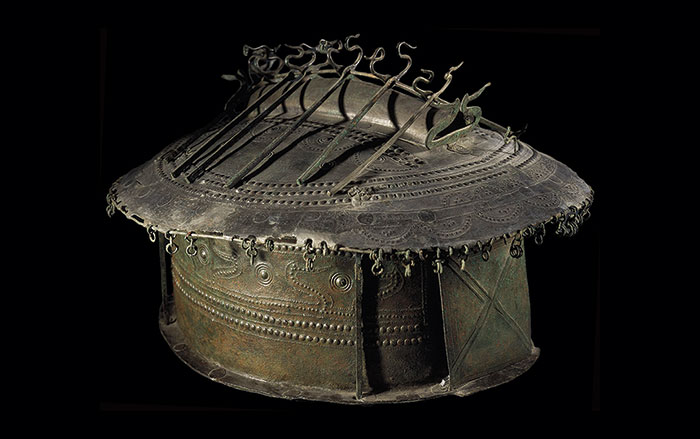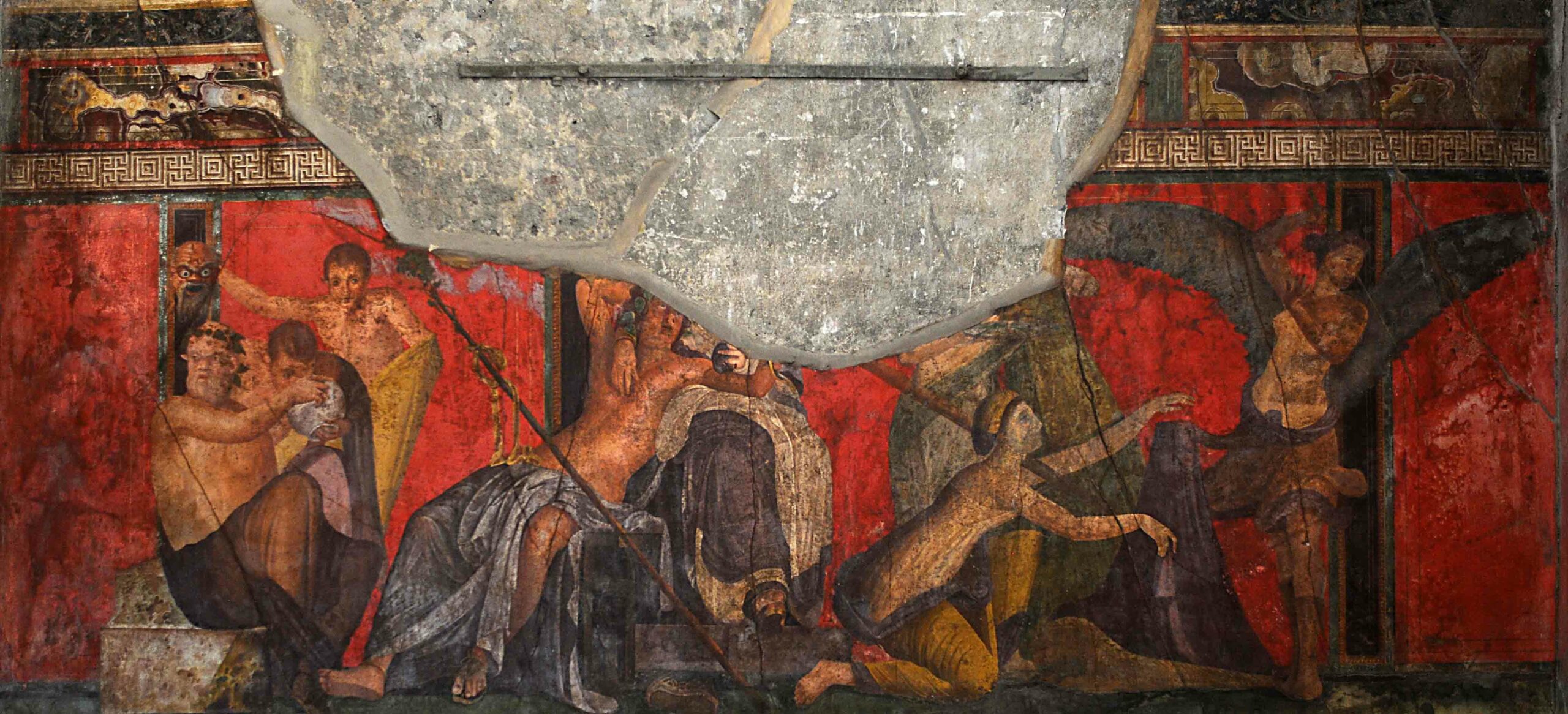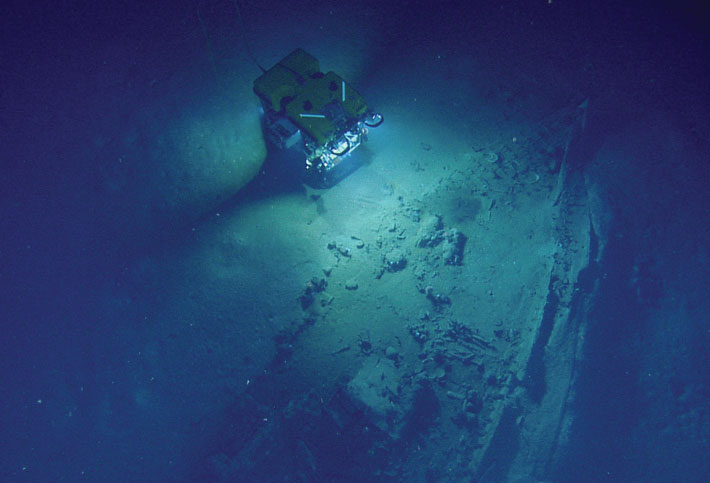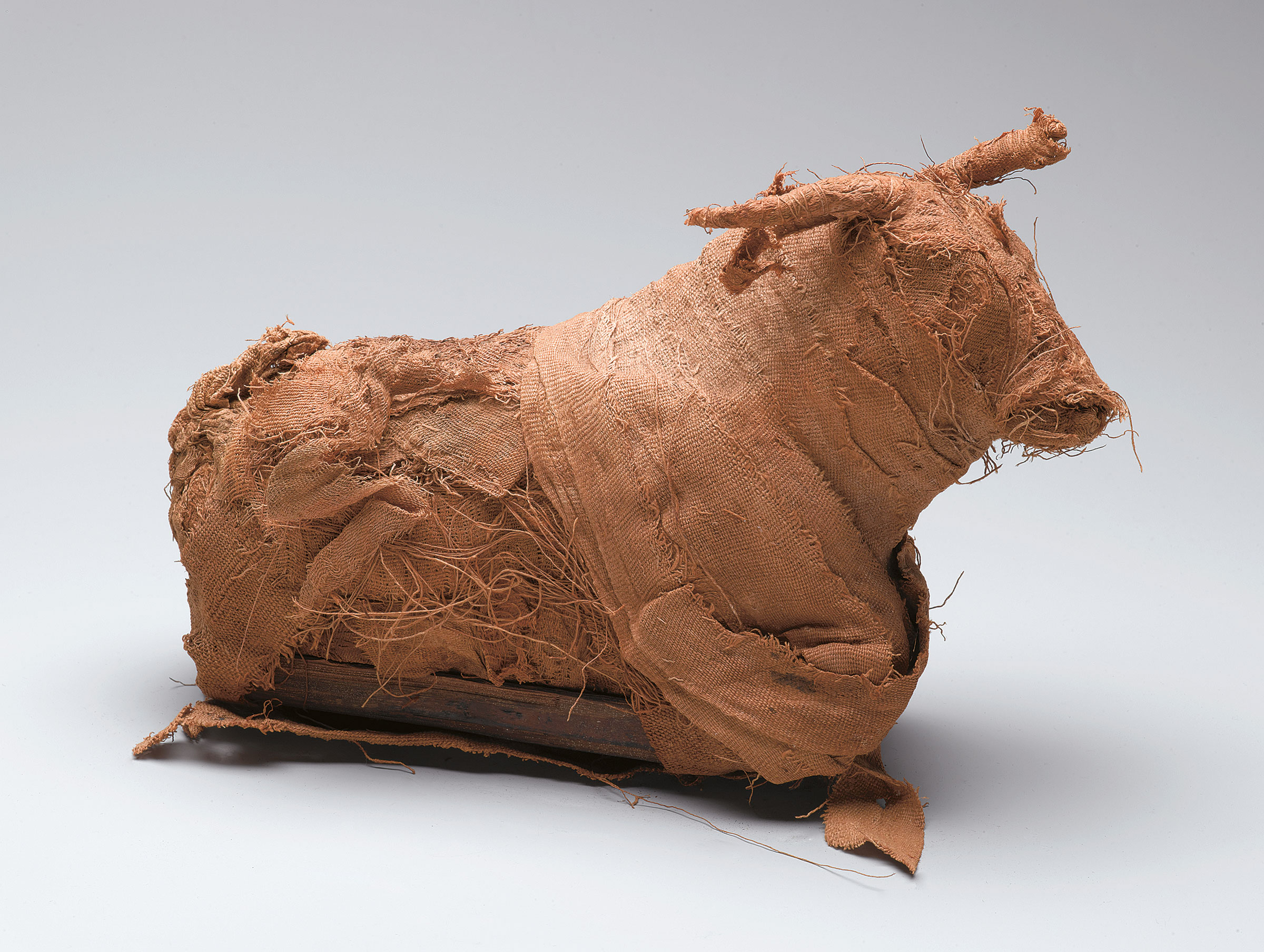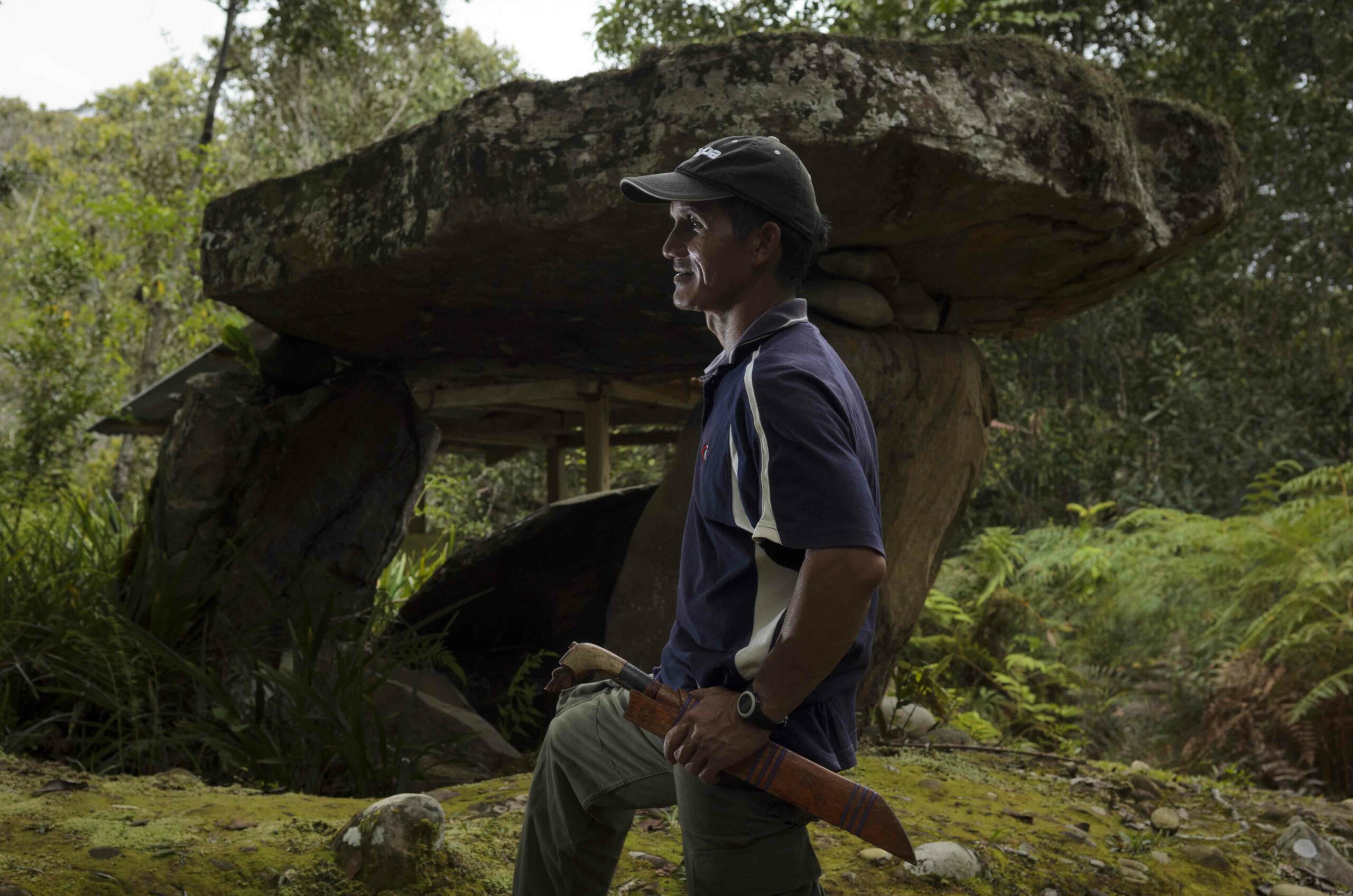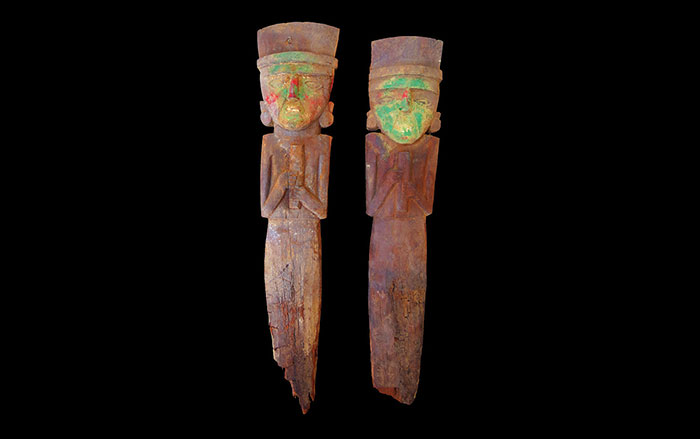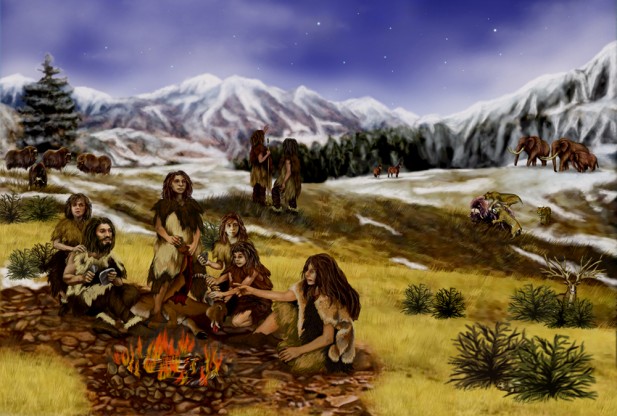
YORK, ENGLAND—It had been assumed that Neanderthals experienced harsh and dangerous childhoods, but a new study of the elaborate burials of Neanderthal children by researchers from the University of York and the Center for Human Palaeoecology and Evolutionary Origins indicates that they had strong emotional attachments within their social groups and played significant roles in society. Sick and injured children may have been cared for over long periods of time. “Interpretations of high activity levels and frequent periods of scarcity form part of the basis for this perceived harsh upbringing. However, such challenges in childhood may not be distinctive from the normal experience of early Palaeolithic human children, or contemporary hunter-gatherers in particularly cold environments. There is a critical distinction to be made between a harsh childhood and a childhood lived in a harsh environment,” team leader Penny Spikins told Red Orbit.





